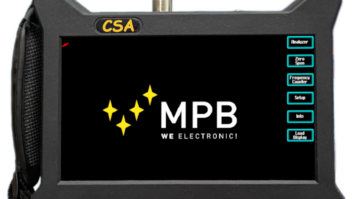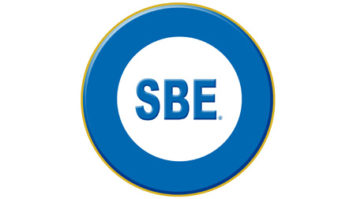Ever since Congress passed the Local Community Radio Act to allow more low-power FMs to be allocated onto the FM dial, the FCC has been wrestling with what to do about the thousands of pending FM translator applications. The conundrum facing the agency has been whether to process those first and then open an LPFM application window or vice-versa so it can implement the act.
Broadcasters favor acting on the FM translators first and LPFM proponents want their application window opened first.
Lobbying on the twin issues has intensified as the agency works toward opening an LPFM application window by the end of this year.
NPR told the commission this week that it believes the agency should first act on the FM translator applications still pending from 2003, so the FCC can reduce the backlog and identify those that are still viable and propose a real service.
NPR executives said acting on the pending applications first could accommodate engineering solutions and settlements to facilitate FM translator service “to a greater degree” without blocking new LPFM service, according to the broadcast executives who met this week with a legal advisor for Commissioner Robert McDowell and last week with a legal advisor to Chairman Julius Genachowski.
In ex parte notices filed to MM Docket 99-25, NPR said it has concerns about potential waivers of 2nd-adjacent channel protection to allow new LPFMs on the dial. NPR is concerned about potential interference to public radio station signals should 2nd-adjacent waivers be granted. The broadcaster urged the commission to decide that those waivers only be granted under limited circumstances.
NAB lobbyists, which recently met with the chairman’s chief counsel about the issue, stressed that all aspects of the LRCA “must be read together and cannot be read to create a preference for any particular secondary service,” according to its ex parte notice. NAB noted that the act itself “does not support a preference for LPFM licensing in particular areas within a market based on population density or the viability of speculative LPFM services, at the expense of long-pending applications for FM translators.”
The broadcast trade group agrees with NPR that 2nd-adjacent waivers should be granted only in truly exceptional circumstances.
The Prometheus Radio Project, in recent discussions on the issue with Media Bureau Chief Peter Doyle and Commissioner Mignon Clyburn’s office, worried that the FCC’s previously announced translator processing plan may preclude LPFM availability in spectrum-limited markets.
“Although urban availability is most critical for the development of LPFM, some markets have few or no frequencies available inside the ‘center market’ grid used by the commission to assess LPFM availability,” wrote Prometheus in its ex parte notice. “In such markets, translator applications should not be processed, even ‘outside the grid,’ if they would preclude future LPFM opportunities.”
In a meeting with Media Bureau Chief Peter Doyle at the recent National Religious Broadcasters convention, representatives of the Educational Media Foundation reiterated their concerns about any proposed caps on the numbers of pending FM translator applications that can be processed once the commission determines the priorities between LPFM and FM translator availability. EMF reiterated that any cap on FM translator application processing will harm rural residents, as those applications are more likely to be dismissed so that FM translator apps serving higher populations can be processed.
EMF noted that, if the cap is imposed on “applications that can be processed” rather than “grants that can be received,” the number of new translator stations that any applicant will ultimately receive may well be far fewer than the number of applications that are selected for continued processing, as almost all pending applications are mutually exclusive with other applications. This further penalizes applicants who have a number of applications that remain pending, according to EMF in its ex parte filing.
It suggested a cap be applied to the number of grants — not applications — but only in LPFM spectrum-limited markets. EMF made it clear it’s opposed to all caps that leave only a limited number of remaining FM translator apps from the 2003 window to be processed.












